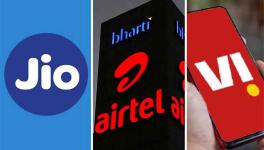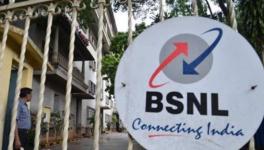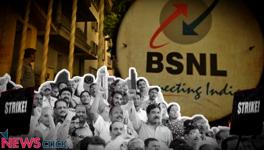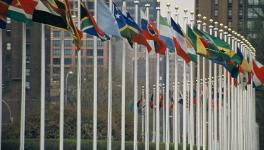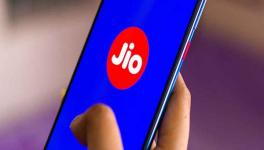TRAI’s Public Wi-Fi Project Is Required To Take Internet To The People
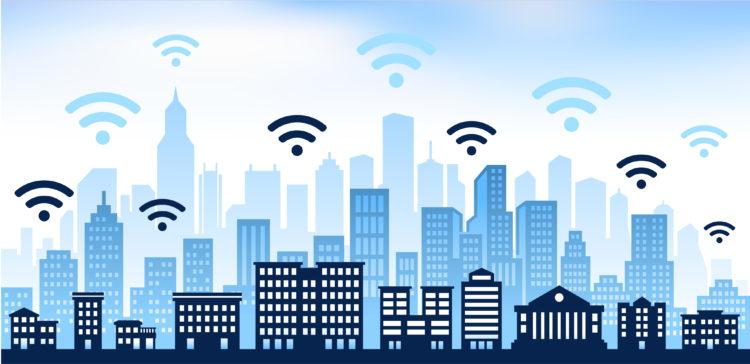
India’s top private telecom companies —Reliance Jio, Bharti Airtel, Vodafone, and Idea — are opposing the public open WiFi project of the Telecom Regulatory Authority of India (TRAI), which is expected to cut the internet costs by 90%.
Called the WiFi Access Network Interface (WANI), the project will see setting up of Public Data Offices (PDOs) across the country that will act as hotspots and resell internet (bandwidth) to users at very cheap prices (beginning from Rs 2) — on similar lines as the PCOs of yesteryears, TRAI has said.
The telecom department plans to launch 10,000 such WiFi hotspots across the country in a month, it was reported last month, after the success of its pilot project floated in October last year that saw 603 WiFi hotspots in different parts of the country.
Any entity — even small entrepreneurs like a tea-shop owner — would be able to easily set up a paid public WiFi access point/hotspot and buy the bandwidth at cheap rates from entities called PDO Aggregators. The aggregator would aggregate internet bandwidth from multiple Internet Service Providers (ISPs) and retail it to the PDOs — and the aggregators would not need a telecom licence, but only to register themselves with the Department of Telecom (DoT).
And this is what has got the goat of the four private telecom companies that have written to telecom secretary Aruna Sundararajan under the banner of the Cellular Operators Association of India (COAI). They object that it would lead to the creation of a “non-level playing field” — since the aggregators, who would sell the bandwidth to a thousand or more PDOs, would not be required to pay license fee, spectrum usage charges, nor would they be required to share the revenue with the government.
The telecom companies have also claimed that the lack of licensing would pose a threat to “national security” — but this ostensible concern was dismissed by the experts that Newsclick spoke to. The DoT has already mandated that aggregators ensure e-KYC (Know Your Customer), authentication and record-keeping requirements. Cyber security experts said that it would be possible to tracing and interception would be possible at every level of this horizontal system, since these PDO providers and aggregators would be using existing ISPs, and the government can easily mandate more security standards and related norms for the entities involved. So it is hard to see where the telecom operators foresee the “security threat” arising from.
As for the “non-level playing field” argument, these private telecom companies in question are huge multinationals, and comparing them to the PDO aggregators — who would retail internet to a thousand or more PDOs — is not valid to begin with, but more on that in a bit.
Speaking to Newsclick, Parminder Jeet Singh of IT For Change, said the main issue is that the telecom companies want to own/monopolise the final link to the end-user or customer (known as last-mile connectivity) for their own purposes.
“It’s like owning a monopoly road to your house, so that you can control what comes to you. That way you can ride other services and products on top of one another in the existing vertically integrated system through that single road. The real continued earnings come from what you can promote and sell over that road, not from the connectivity itself.” For example, Reliance Jio is now looking to get into e-commerce. They would lose control in a shared, horizontally spread model.
Indeed, TRAI itself says that one of the aims is to “dismantle monopolies”. This “multi-provider, inter-operable, collaborative model increases the overall innovation in the system, dismantles monopolies and encourages passing of benefits to end user,” the telecom regulator has said.
The model ensures that all kinds of providers (PDO provider, Access Point hardware/software, user authentication and KYC provider, and payment provider) are unbundled, allowing “multiple parties in the ecosystem to come together and enable large scale adoption”, as TRAI says.
Singh agrees. “Retailing connectivity in this manner is the way to go if we want to quickly expand the internet access among the people, if we want to take the internet cheaply to the poor people of the country.”
He said such cheap and wide provisioning of the internet is not possible by the big telecom companies because they have high costs of servicing, because of very high input costs due to the scale they operate on. These high costs would not allow them to scale down and sell internet cheaply to sections of people from whom profit cannot be made easily or cheaply. Which is why it is necessary for smaller players to become involved.
As for the telecom biggies’ grouse that the aggregators would not have to share revenue with government, Singh said the revenue that they share is built into the wholesale price, which means that if you are sharing revenue, that can be and is recovered in the prices that you charge.
Moreover, Singh said the “horizontal separation of wholesale and retail” is a must if we are to aim for real net neutrality, as it would not allow integration of services with carriage, and actually create a level-playing field.
And even if the aggregators happen to be larger units (any proprietorship, company, societies, non-profits, etc. meeting the norms can sign up as aggregators) and even if they retail the bandwidth to a few thousand PDOs, it would still likely be the size of “a district or maybe two”, he said, so they are not comparable to these multinational telecom companies in any case.
But this is the only way to dismantle monopolies over the retail of internet and take access to the people of India, where “access to data is still limited due to poor coverage of fiber/telecom and prohibitive pricing of cellular data” and where “there are only 31,000 public WiFi hotspots in India, compared to 13 million in France, and 10 million in the United States of America,” as TRAI has said.
Get the latest reports & analysis with people's perspective on Protests, movements & deep analytical videos, discussions of the current affairs in your Telegram app. Subscribe to NewsClick's Telegram channel & get Real-Time updates on stories, as they get published on our website.










